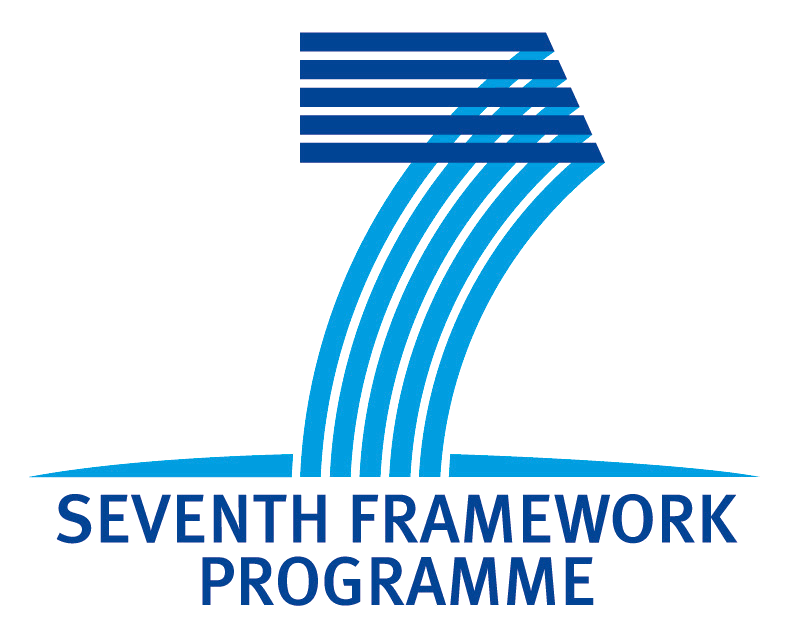DX.2 Annual Public Report
| Contract No.: | FP7-ICT-247914 |
|---|---|
| Project full title: | MOLTO - Multilingual Online Translation |
| Deliverable: | DX.2 Annual public report |
| Security (distribution level): | Public |
| Contractual date of delivery: | M24 |
| Actual date of delivery: | 15 March 2010 |
| Type: | Report |
| Status & version: | Final |
| Author(s): | O. Caprotti et al. |
| Task responsible: | UGOT |
| Other contributors: |
Abstract
Annual report on activities carried out in the framework of the MOLTO EU project. This report is designed for Web publishing, for a broad public outside the consortium. It documents the main results obtained by the MOLTO project during the first two years of activity and promotes the objectives of the project.
MOLTO’s goal is to develop a suite of tools for translating texts between multiple languages in real time with high quality. MOLTO uses domain specific semantic grammars and ontology-based interlinguas implemented in GF (Grammatical Framework), a grammar formalism where multiple languages are related by a common abstract syntax. Until now GF has been applied in several small-to-medium size domains, typically targeting up to ten languages, but during MOLTO we will scale this up in terms of productivity and applicability by increasing the size of domains and the number of languages.
MOLTO aims to make its technology accessible to domain experts who lack GF expertise so that building a multilingual application will amount to just extending a lexicon and writing a set of example sentences. The most research-intensive parts of MOLTO are the two-way interoperability between ontology standards (such as OWL and RDF) and GF grammars and the extension of rule-based translation by statistical methods. The OWL-GF interoperability enables multilingual natural language based interaction with machine-readable knowledge while the statistical methods add robustness to the system when desired. MOLTO technology is released as open-source libraries for third-party translation tools and web pages and thereby fits into standard workflows.
- Printer-friendly version
- Login to post comments
- Slides
What links here
No backlinks found.


